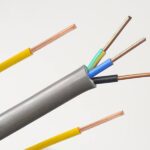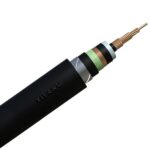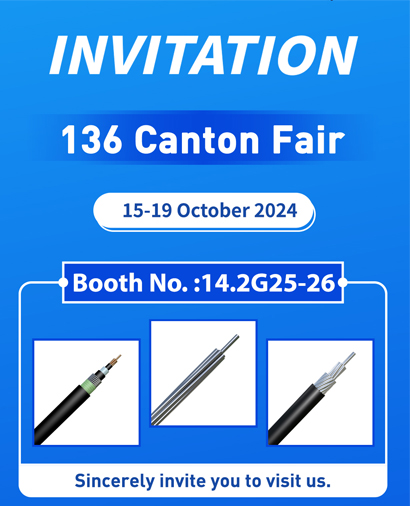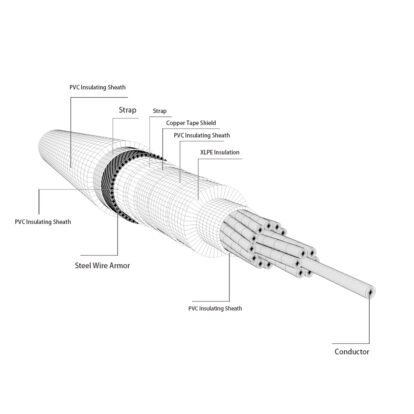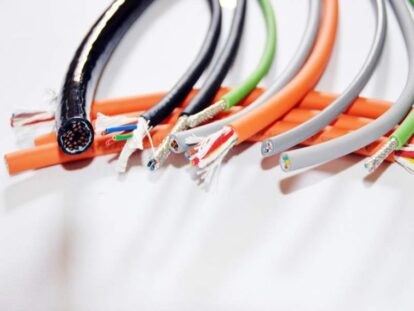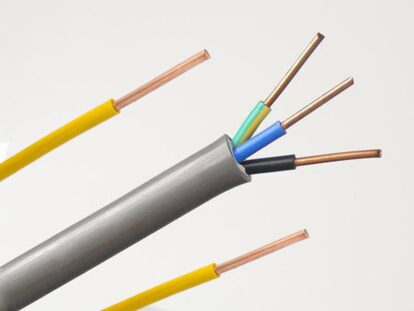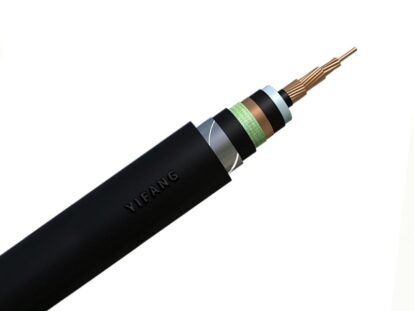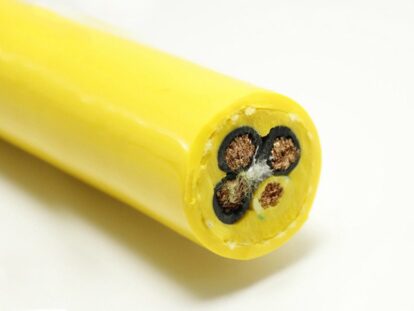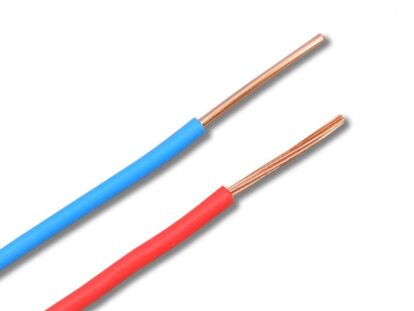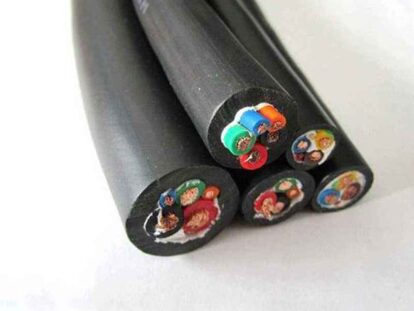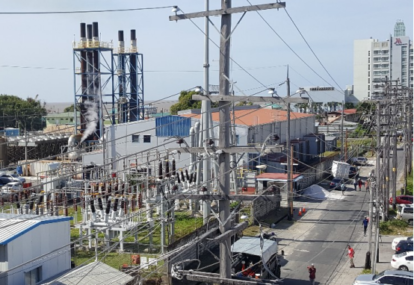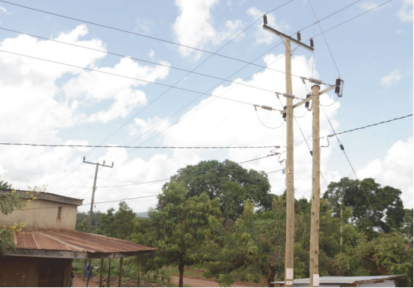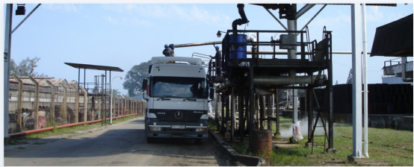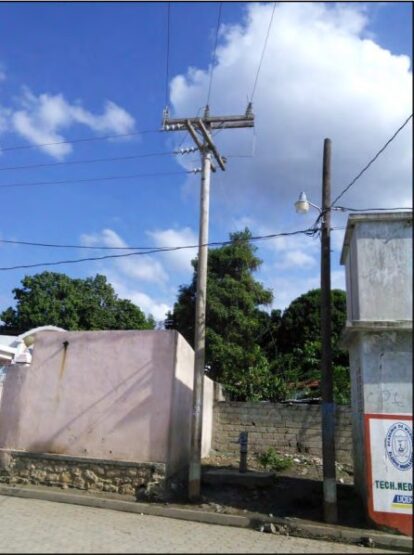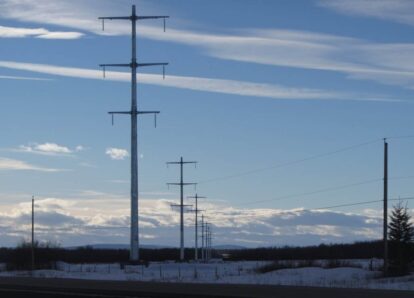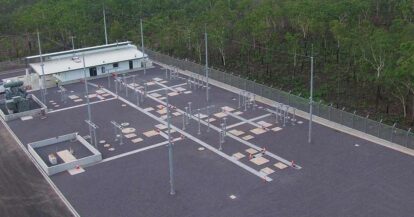THW wire is a versatile electrical wire material that has the advantages of high temperature resistance, wear resistance, high voltage capacity, and easy installation. THW wire is widely used in residential, commercial, overhead, and underground cable lines, and its reliability and economy have become one of the preferred wire materials in the construction and electrical industries.

What is THW wire?
THW wire is a type of general-purpose electrical cable that is mainly composed of a conductor made of copper or aluminum and an insulation material made of polyvinyl chloride (PVC). THW stands for Plastics High-temperature Weather-resistant Aerial Cable. This wire can be used not only for indoor distribution systems but also for overhead and underground cable lines, with a wide range of applications. THW wire is widely used in North America and other regions and is very popular.
Features of THW wire
- High temperature resistance THW wire uses PVC material as the insulation layer, which makes the wire have excellent high-temperature resistance and can withstand high working temperature and current load. Therefore, THW wire is very suitable for use in high-temperature environments.
- Wear resistance The outer sheath of THW wire is made of PVC material, which can effectively protect the wire from wear and damage. This wire is not affected by external physical or chemical factors and can maintain its good performance for a long time.
- High voltage capacity THW wire has a high voltage-bearing capacity and can work safely under high voltage conditions. This wire can withstand a maximum voltage of 600V, which can meet the needs of most residential and commercial applications.
- Easy to install THW wire is relatively flexible, making it very easy to install and wire. Due to its elasticity and flexibility, THW wire can be easily bent and twisted, making installation more convenient.

Application of THW Wire
- Residential and commercial use THW wire is the main component of the internal circuits and distribution systems of buildings, commonly used for the power supply of various household appliances such as lamps, sockets, televisions, and air conditioners.
- Overhead cable lines Because of THW wire's high-temperature resistance and wear resistance, it can withstand extreme weather conditions and external environmental impacts, so it is widely used in overhead cable lines.
- Underground cable lines The insulation layer of THW wire can prevent the wire from coming into contact with water or other external environments, so it is often used in underground cable lines. This wire can resist humidity and damp environments and can also protect the wire from corrosion and wear.
THW wire VS. THWN wire

THW wire, THHN wire and THWN wire are all basic single core wire products. THW wires and THWN wires are very similar in appearance and materials, but one significant difference between them is the difference in insulation and jacket materials. THW wires use polyvinyl chloride (PVC) insulation, while THWN wires use higher grade thermoplastic polyethylene (XLPE) insulation. Compared with PVC, XLPE is superior in performance, with better water resistance and temperature resistance. Normally, the working temperature of THWN wire can reach 90°C, while that of THW wire is only 75°C, that is to say, THWN wire has stronger heat resistance.
THW wire VS. THHN wire
Although both THW wires and THHN wires are composed of wires and insulation layers, the difference in insulation materials leads to their different performance in some aspects. THW wires use polyvinyl chloride (PVC) material, while THHN wires use high-temperature epoxy acrylic resin (THERMOPLASTIC HIGH HEAT RESISTANT NYLON), which remains stable at high temperatures. In addition, THW wires are generally softer than THHN wires to suit multiple application scenarios.
THW wires and THHN wires also differ in certification. Both UL and CSA, the two major standardization certification bodies in the United States and Canada, provide certification for THW and THHN wires. However, the certification criteria for the two are slightly different. THW wire needs to be UL certified, while THHN wire needs to meet the requirements of both UL and CSA certification agencies.
To sum up, THW wire is a widely used wire material, and its reliability and economy have become one of the preferred wire materials for the construction industry and the electrical industry. THW wire has excellent performance and can meet the needs of various occasions, bringing convenience and safety to our life and industry.



